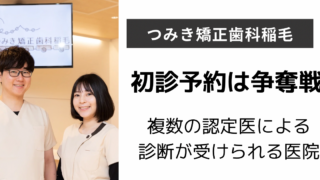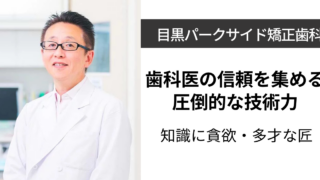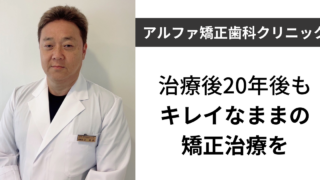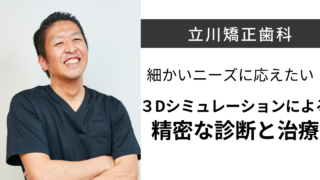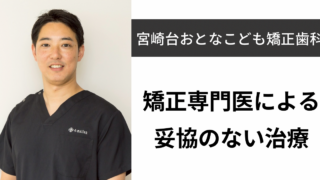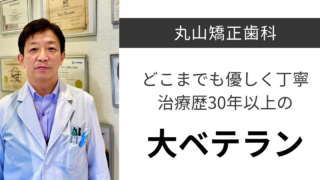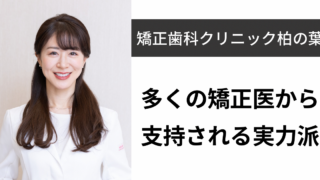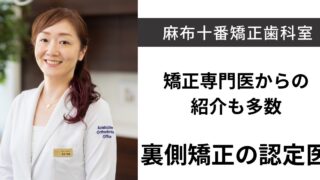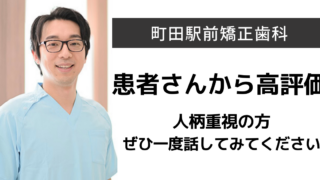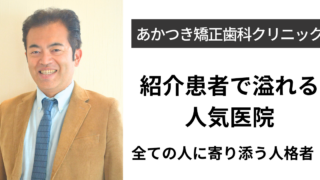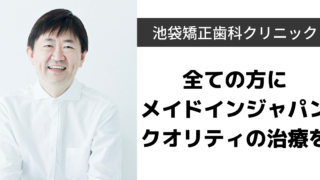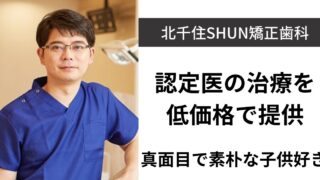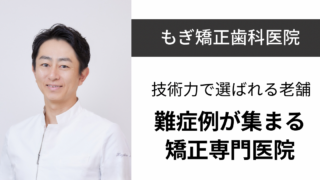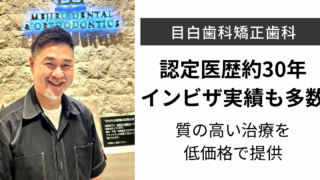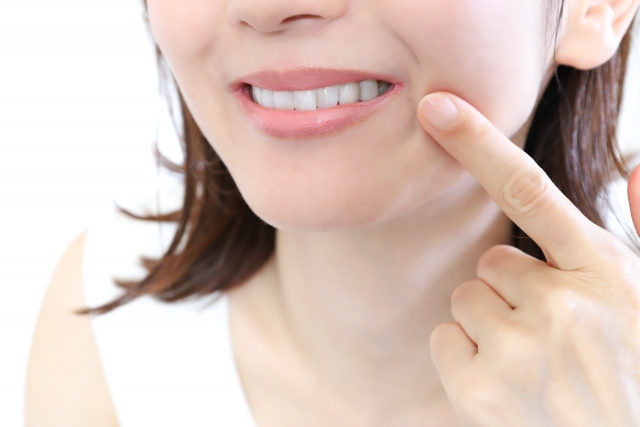
歯の茶渋は自宅でも落とせるの?虫歯との違いも教えます。

お茶をよく飲むので茶渋がついてしまいました…
歯医者に行くのは面倒なので、自宅で落とす方法はありませんか?

今回は、歯の茶渋を自宅で落とす方法をお話しします!
ただし、茶渋だと思っていたものが虫歯だったという場合もあるので注意が必要です。
茶渋と虫歯の違いも解説するので、参考にしてくださいね!
歯の茶渋を自宅で落とす4つの方法

歯についた茶渋を自宅で落とすには、以下の4つの方法が有効です。
- ホワイトニングスポンジを使う
- ホワイトニング歯磨き粉を使う
- 着色除去機能のある電動歯ブラシを使う
- ホームホワイトニングをする
ホワイトニングスポンジを使う
ホワイトニングスポンジは、茶渋の気になるところを軽く擦るだけで落とせるホワイトニング用品です。
茶渋のような、歯の表面についた着色汚れをピンポイントで落とすのに向いています。
研磨作用が強いので、やりすぎると歯を傷つけるリスクがありますが、適切に使用すれば手軽に茶渋を落とせる便利なアイテムです。
使う時のポイントは、強く擦りすぎないことです。優しく歯の表面を撫でるようにして茶渋を落としましょう。
軽く擦っても落ちない場合は、歯にダメージを与える可能性があるので、ほかの方法を試しましょう。

365dentistのおすすめは、ミュゼの『ポリリンキューブ – 速攻美白』です!
スポンジにポリリン酸ナトリウムが染み込ませてあるので、
- 着色汚れを浮かせて落とす作用
- 歯をコーティングして、新たな着色汚れを防ぐ作用
の2つの作用で茶渋から歯を守ります。
ホワイトニング歯磨き粉を使う
ホワイトニング歯磨き粉は、研磨剤、ポリリン酸ナトリウム、ポリエチレングリコールなどの着色汚れを除去する成分が含まれた歯磨き粉です。
ホワイトニング成分が含まれているかは、パッケージの成分表で確認することができます。
ホワイトニング歯磨き粉は、安全性の高いホワイトニング成分で構成されています。
そのため、1回で効果を実感できることの多い歯医者のホワイトニングやクリーニングよりも効果は劣りますが、毎日自宅で行えるというメリットがあります。
着色除去機能のある電動歯ブラシを使う
茶渋を自宅で効率的にケアしたいなら、着色除去機能のある電動歯ブラシを使うのがおすすめです。
電動歯ブラシにはさまざまな機能が搭載されており、中には着色除去機能に特化したモードを搭載しているものがあります。
「ホワイトニングモード」などと記載されていることが多く、茶渋のような着色汚れが気になったときにおすすめの機能です。
着色除去機能のある電動歯ブラシなら、手用の歯ブラシよりも茶渋を効率的に落とせます。
ホームホワイトニングをする
ホームホワイトニングは、歯医者で作成したマウスピースと歯科医師から処方されたホワイトニング剤を使用して自宅で行うホワイトニングです。
歯科医師が薬として処方するホワイトニング剤を使用するため、ホワイトニングスポンジ、ホワイトニング歯磨き粉、電装歯ブラシよりも茶渋の除去効果が高いです。
ホワイトニングスポンジ、ホワイトニング歯磨き粉、電装歯ブラシは、歯の表面についた茶渋を落とせますが、強力にこびりついた茶渋や歯に染み込んだ黄ばみは落ちません。
その点、ホームホワイトニングは、歯の表面についた茶渋だけでなく、強力にこびりついた茶渋や歯に染み込んだ黄ばみまで落とす効果があります。
歯の茶渋の予防方法

歯の茶渋を予防するには、以下の方法が有効です。
- ホワイトニング歯磨き粉で着色予防に特化したケアを行う
- お茶を飲む前に水を飲む
- お茶を飲んだらうがいをする
- 歯医者の定期検診を受ける
ホワイトニング歯磨き粉で着色予防に特化したケアを行う
お茶をよく飲む習慣がある人は茶渋がつきやすいため、ホワイトニング歯磨き粉を使って、毎日の着色汚れをリセットするようにしましょう。
茶渋は時間の経過とともに歯にこびりついて茶色くなります。
そのため、茶渋として歯にこびりつく前に、お茶を飲んだらできるだけ早いうちに歯磨きをして落とすようにしましょう。
ホワイトニング歯磨き粉を使えば、含まれるポリリン酸ナトリウムなどの効果で着色汚れが落としやすくなります。
お茶を飲む前に水を飲む
お茶を飲む前に水を飲むと、茶渋がつくのを抑えることができます。
歯が乾燥していると、お茶の着色物質は歯につきやすくなります。
お茶を飲む前に、水で歯に膜を張ってあげるようにしましょう。
お茶を飲んだらうがいをする
お茶を飲んだらできるだけ早くうがいをすると、お茶の着色物質が洗い流されるので、茶渋が歯につくのを抑えることができます。
水でうがいするだけでも大丈夫ですが、ポリリン酸ナトリウム、スルホコハク酸などが配合されたマウスウォッシュでうがいをするとさらに効果的です。
歯医者の定期検診を受ける
お茶をよく飲む人は、どんなに丁寧にケアをしても茶渋の付着が気になる場合があります。
そのため、茶渋の付着を防ぐためには、定期的に歯医者に通い、セルフケアで落としきれない茶渋を専用の機械で落としてもらうのがおすすめです。
歯医者の定期検診は、虫歯や歯周病の早期発見にもつながります。
歯の茶渋と虫歯の違い
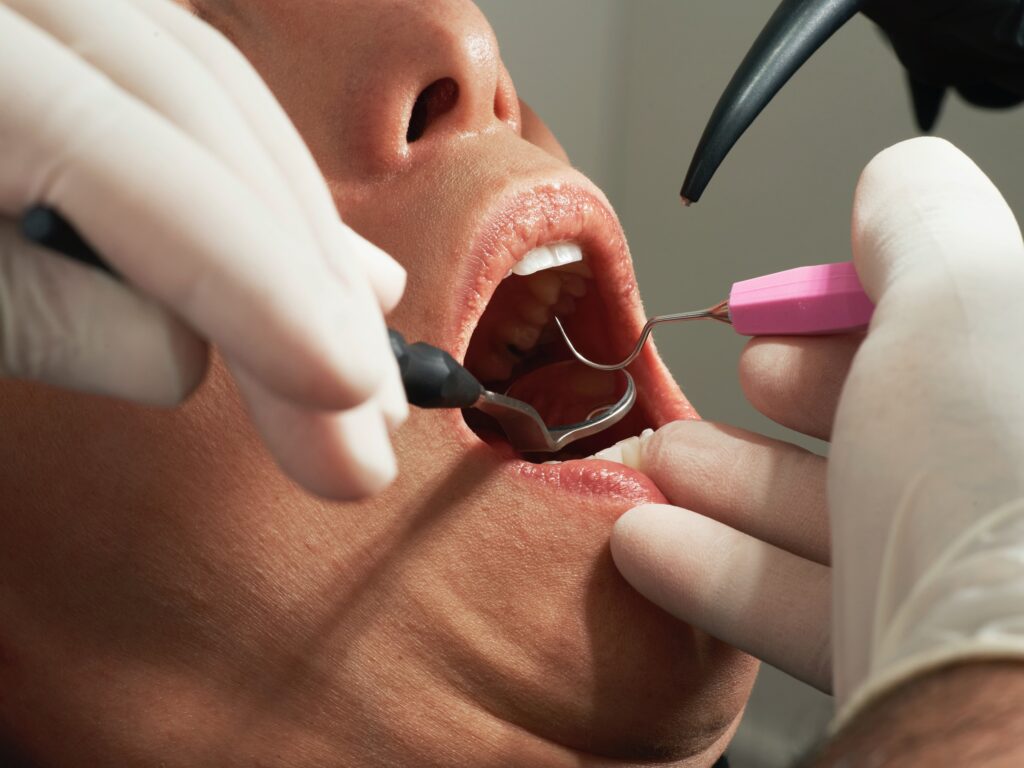
歯の茶渋と虫歯はどちらも茶色いため、同じに見えることがあります。
歯の茶渋と虫歯の違いを見分けるポイントは、以下の通りです。
- 歯に穴が空いているか
- 茶色い歯が何本あるか
ただし、正確な診断結果を得るには、歯医者での診察が必要です。
ご紹介するのはあくまで目安なので、歯が茶色い場合は歯医者へ行きましょう。
歯に穴が空いているか
茶渋と虫歯を見分けるポイントの1つ目は、歯に穴が空いているかどうかです。
歯に穴が空いている場合は、虫歯の可能性が高いでしょう。
しかし、初期虫歯や慢性的な虫歯は穴が空いていなかったり、一見すると穴になっていることが分かりにくかったりするので、注意が必要です。
実際に虫歯かどうかを判断するには、歯科医師の診察やレントゲン撮影による診断が必要です。
茶色い歯が何本あるか
茶渋と虫歯を見分けるポイントの2つ目は、茶色い歯が何本あるかです。
茶渋による着色は、全部の歯に起きることが多く、複数本の歯が同じように茶色くなる傾向があります。
対して、虫歯は1本だけ歯が茶色くなるなど、限られた歯だけに起こることが多いです。
茶色い歯が1本だけの場合は、虫歯の可能性が高いでしょう。
しかし、何事にも例外はあります。
- お茶を飲むときの癖やセルフケアの癖などが影響して、一部の歯にだけ茶渋がつく
- 2本以上の歯が同時に虫歯になる
- 食べ物の酸で虫歯のように歯が溶けて複数の歯が茶色くなる(酸蝕歯) など
このようなケースでは、茶色い歯の本数はあまり参考になりません。きちんと歯医者で診てもらうのが望ましいです。
まとめ
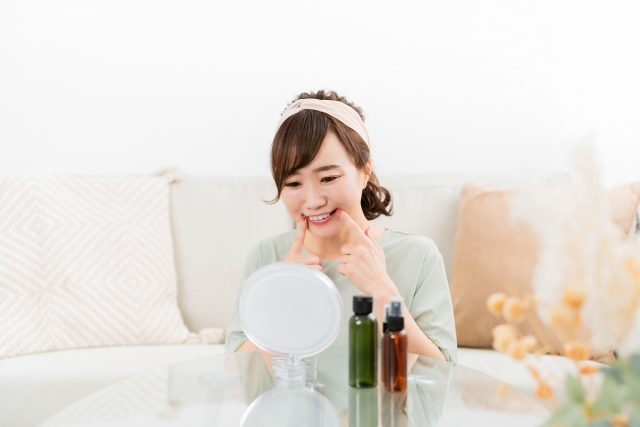
歯についた茶渋を自宅で落とすには、以下の4つの方法が有効です。
- ホワイトニングスポンジを使う
- ホワイトニング歯磨き粉を使う
- 着色除去機能のある電動歯ブラシを使う
- ホームホワイトニングをする
歯の茶渋と虫歯の違いは、
- 歯に穴が空いているか
- 茶色い歯が何本あるか
を確認することで見分けることができますが、専門の資格を持たない人が安易に判断するのは危険です。
茶渋が気になった場合は、歯医者に行きましょう。
365dentistでは、
- 歯科医師運営のオープンチャットでのご相談
- あなたにあった歯医者探しのお手伝い
- お口に関するお役立ちコラム
で、あなたのお口の健康と美をサポートいたします!
茶渋がつきやすくてお悩みの方は、まずは歯科医師運営のオープンチャットでお気軽にご相談ください!
関連記事:自宅で行うホワイトニングは効果ある?種類やケアグッズを紹介!
関連記事:矯正歯科は虫歯を教えてくれないの?矯正中の虫歯予防方法も教えます!
関連記事:矯正と虫歯の関係
365dentist総監修 歯科医師/勝屋友紀子
長崎大学歯学部卒業、〜2018 九州医療センター、2018〜現在 都内歯科クリニック勤務
監修 歯科医師/Naomi
臨床研修終後、都内審美歯科勤務。現在は歯科医師/歯科ライター

